








The International Center for Cyber Professions (ICCP) offers a variety of popular courses and provides training for the most advanced professional certificates in the world.
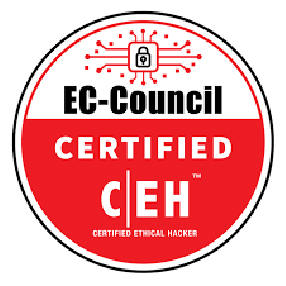
As part of the course, the main subjects required for the CEH certification of the Council-EC will be studied. Among other things, they will learn attack methodologies, Hacking Systems, Ethical Hacking Introduction, and Malware. Also, the vouchers required for the exam are discounted
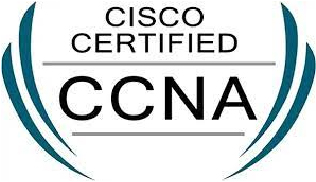
In the course, communication networks are studied at an in-depth level, and you also receive books and reference materials to prepare for the exam CCNA's CISCO.
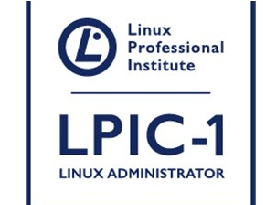
In the course, Linux is studied from the basic level to an advanced level, and the students receive useful reference materials Preparation for these certification exams.
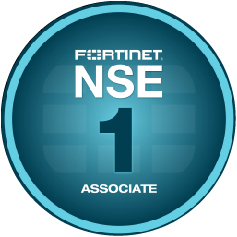
NSE has a series of exams. The exams are free, some of them we will take during the course and some more Students will be able to access independently with the assistance and guidance of the course in the relevant modules
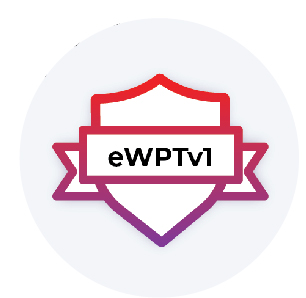
Penetration in the subject is an eJPT (eLearnSecurity Junior Penetration Tester) exam Testing The certification is recognized in the industry as a valuable qualification for PT Juniors. For it proves that there is The candidate has the knowledge and skills to perform penetration tests.
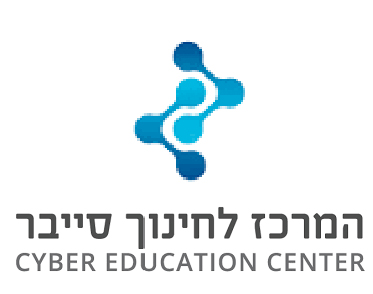
The National Digital Array and the Cyber Education Center launched a course on Python with certification at the end. The exam deals with the main topics of the Python language that are studied in the course and you can take the exam the external for an additional certificate in Python.
The field of health, biomedicine, and at the forefront of the various health organizations, are often at the forefront of the technological changes and developments we have witnessed in recent years. Starting with the progress of the treatment and surgery rooms, the use of advanced robots for medical procedures, the implantation of medical-technological devices in the body of patients, the use of advanced information systems to manage data, information, and medical records, cloud services for software, applications, digital health and much more. These innovations create substantial risks concerning the security and confidentiality of information on the one hand, and the disruption of medical procedures at the same time. Exposure of medical information or access by malicious parties to devices in the medical service may lead to threatening scenarios for systems that are not prepared for this. For these reasons and more, some regulatory standards and requirements are intended for the management of information systems to reduce as much as possible future attacks.